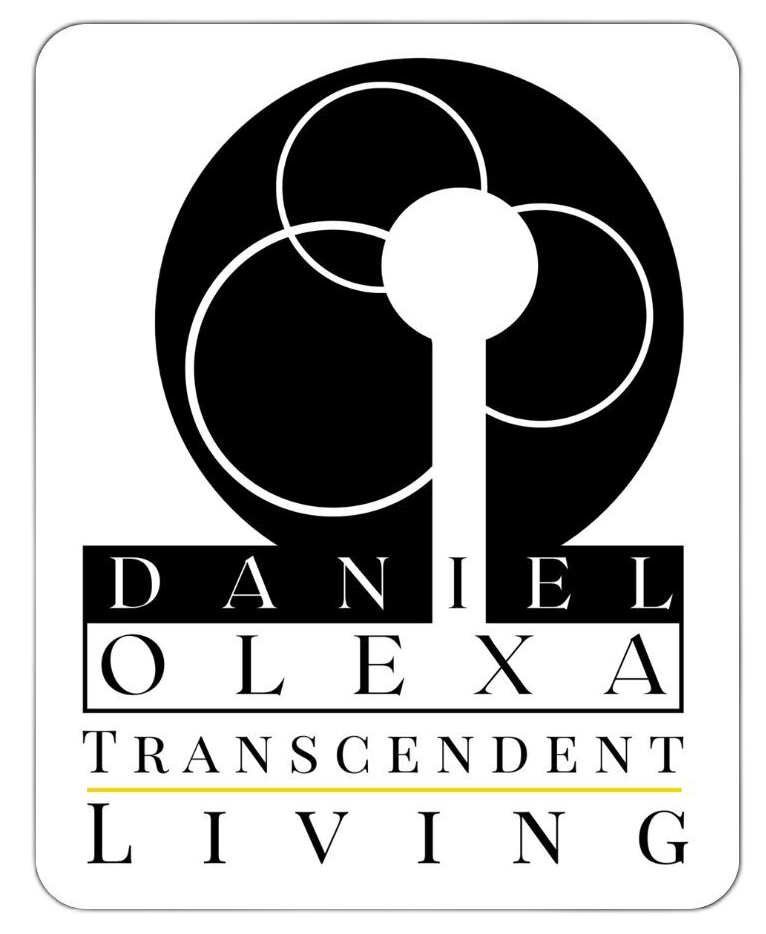A Pessimist's Guide to Manifesting 11: The Law of Neutrality
How can giving up lead to actualization?
Do without doing and all gets done. – Zen koan
We’ve reached the mid-point in our manifesting/life-mastery journey through the Universal Laws.
Congratulations on your commitment to doing the work. Thank you for being here.
Over the past few months of taking action to realize you goal, you’ve probably experienced a few bumps in the road of you manifesting process.
Maybe they were intense enough that you questioned your path and resolve.
Know this: Everybody experiences these obstacles as we move out of our comfort zone to create a new, bigger life. You are not alone.
Only when we let the frustration of these moments overwhelm and derail us, do we lose sight of our calling.
This week we’re going to talk about alignment with our Higher Purpose; we’re going to move past the need for personal control and learn to let go.
The concept of letting go of attachment to the outcome is not new. Buddhist have long believed that attachment is one of the keys to suffering in this life.
People who are attached to their outcomes say things like, “I’ll be happy when _________,” instead of allowing themselves to experience happiness as a core state of being.
They vibrate from a state of lack. Their goal has not yet been achieved, so they focus on who/what they are not, instead of on who they are.
As we know from our discussion of the Law of Attraction, our vibration creates our reality.
Acting as if your outcome already exists is one step to realizing it. Be happy first, let the objective arrive to you. Be a magnet for it.
“But I’m human,” you say. “I want to achieve NOW! I’m tired of waiting. This is frustrating.”
I hear you. I get it. I’ve been there.
I had to learn to let it go and so do you.
Our attachment to a particular outcome tends to originate in our ego-mind.
That makes sense. We’re taking action to realize a vision of a future. Our actions are based on what we’ve experienced in this life, so we look toward physical verification of our achievement: more money, happier relationships, successful business, etc.
We think of our outcome as an end-point instead of as a foundation for our next level of growth.
As you may already sense from your journey, there are two big issues with this outlook:
1) These things are all temporary states of being. Once we achieve these outcomes, we find that we’re not as happy or fulfilled as we thought we’d be and,
2) They are based on what we think we want at a particular moment in life, but as we progress on our journey to realize these goals, we change as beings. As we change, our goals may no longer fit us, therefore we’re not satisfied when we achieve them.
Do you see the paradox?
Without a desire to make a change in our lives, we won’t take action, but once we take action, then we need to let go of the desire for the outcome.
Why would you keep taking action if you have no attachment to the result?
Here’s a personal story of how attachment to an outcome negatively affected me:
When I set the intention for my first hypnotherapy practice, I had laser-like focus. The picture in my mind was so real I could almost touch it.
One of the major bullet-points for this vision included my practice being the most successful hypnotherapy practice in Southwest Florida. That location was so important to me that I branded my business for the region – even though I was told by those with more experience and insight not to do that.
But I was smarter than them, right? I knew what I was doing. I had this grand vision. What did they know?
Well, three months after opening my practice, I learned that I was moving to California.
Turns out those other people knew a lot.
The process of closing my business and re-branding took a lot out of me. Mentally, physically and emotionally, I felt as though I had lost my dream.
It took me months to get out of that funk and embrace a new, bigger vision that is more in alignment with my purpose than the ego-fueled foundation of my first practice.
My original goal was not aligned completely with my Higher Purpose. The reasons for its existence were driven by my ego’s desire to be important, successful and wealthy.
Ultimately, it was a lesson in ego breaking that I had to learn.
I had to let go of the specifics of my vision and allow it to evolve to the right outcome.
So, what do we do? How do you let go of your intended outcome, that thing that you want so badly that you were willing to quit your job, give up on vacations and take a second mortgage to make happen? You’re vested in this dream… how can I be telling you to let go of it?
Here is where the Law of Neutrality comes to your aid.
This law asks that when you are overwhelmed by frustration, just stop acting.
Before we go further, take a deep breath and relax. Here’s a quick reference to help put this in context.
I am a PADI scuba diving instructor. When I teach scuba diving, one of the most important things I discuss with new divers is to always stay calm.
This is particularly true in entanglement situations.
Divers can encounter a lot of line in the water: fishing lines, old nets, or maybe even old navigation lines that were placed by a previous diver. They could even be our own navigation lines
Anytime we’re near lines in the water, there is always a chance of getting tangled in them.
If this happens, the understandable first reaction is to try to get clear as quickly as possible. I mean, there’s only so much air in that tank, right?????
Unfortunately, frantic action just leads to more entanglement as we spin the line around us (and you use up your air faster than if you stay calm – double whammy).
The proper response is to stop, breathe, think, and act.
From a calm, logical place, a diver can figure out how to best remove him- or herself from a dangerous, potentially life-threatening predicament.
I’m going to ask you to do the same now.
The Law of Neutrality reminds us to stop when we’re in a mode of frustration; when we’re in our own way and things aren’t working out the way we want (notice that word, “want”), step back and view the situation from the perspective of an observer.
“Want” comes from ego – it is personal. It is our small mind, not our Higher Self.
“Want” is based on lack – we want something we don’t have. “Want” ignores the experience of abundance.
Stop Wanting.
When you find yourself struggling, stop moving. Take a deep breath. Or two, or three.
Center yourself and ask if your “doing” is in alignment with your Higher Purpose, or is it coming from ego?
Your vision of your outcome came from your Higher Self. It is showing you an image of what your life can be like (actually, what your life already is, because time does not exist, as we’ve already noted).
When we let go of our ego’s wants, and listen to the Universe, we allow things to fall back into alignment.
Everything you experience has been placed in your path for a reason. If you are experiencing frustration, stop acting and ask your Higher Self for the lesson you are supposed to learn from your current state.
Become a neutral observer of your life. See if you are applying efforts that are taking you toward your goal or away from it. If you sense the latter, change your effort.
HOMEWORK
This week your homework is easy.
Just stop everything and observe your state of being.
You can do this for an hour, or a day, or a week. Your choice.
Look at the areas where you have experienced frustration and obstacles. Ask yourself, from an observer perspective, why they were in your path.
Listen to your intuition.
I invite you to add your comments below and share how this exercise in perspective has helped you realign your goals with your Higher Purpose.

